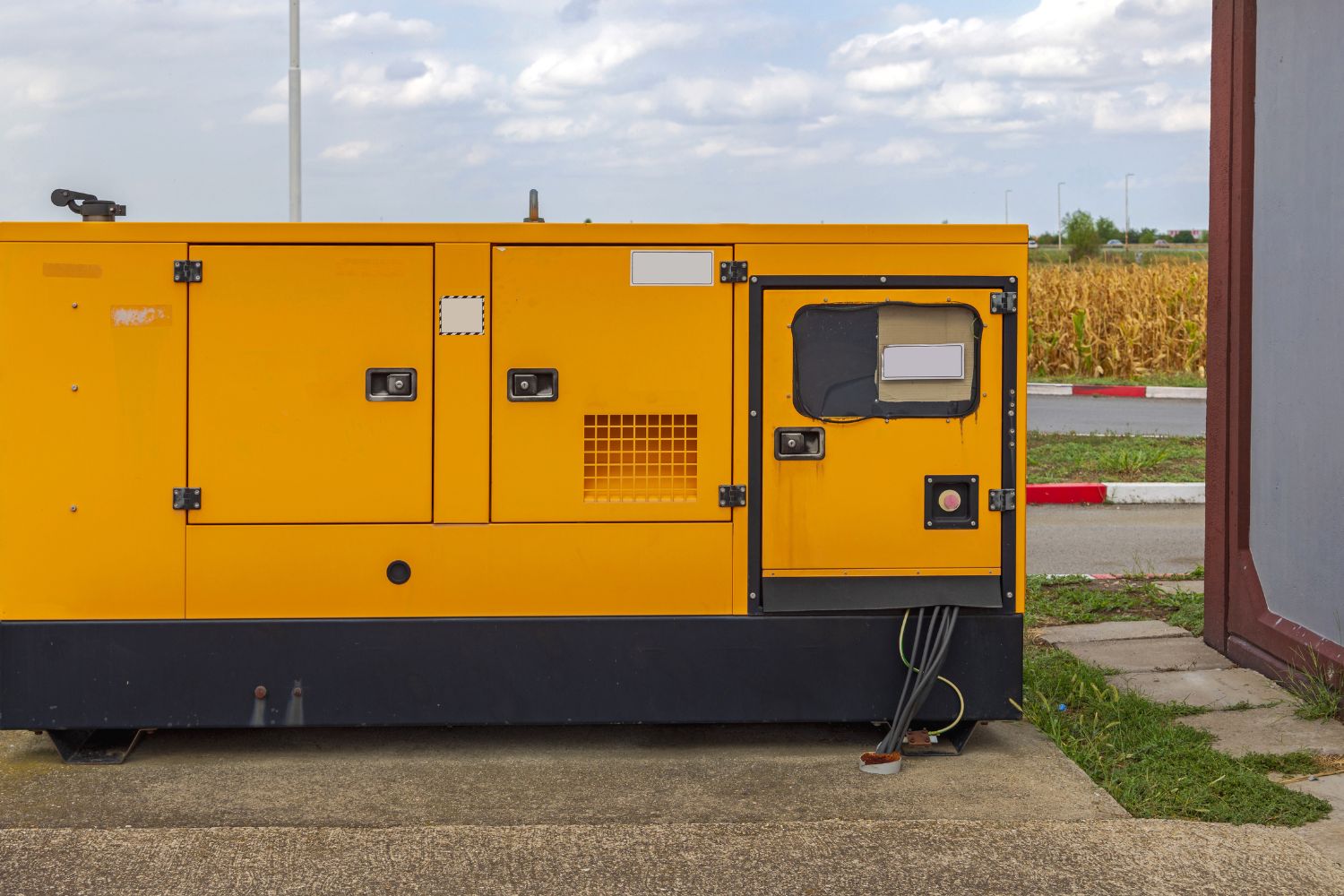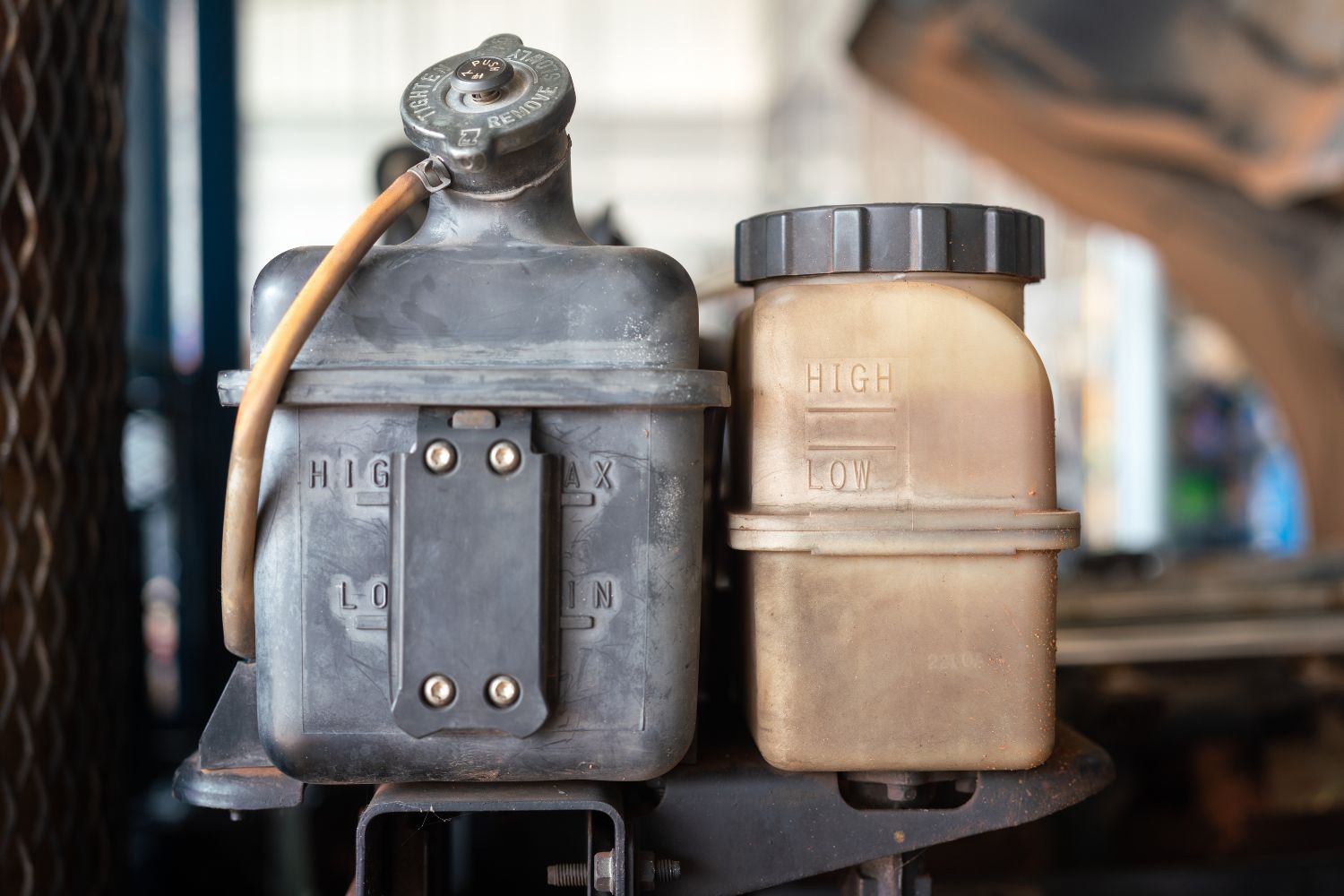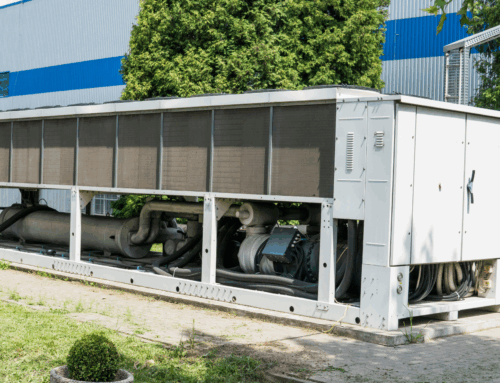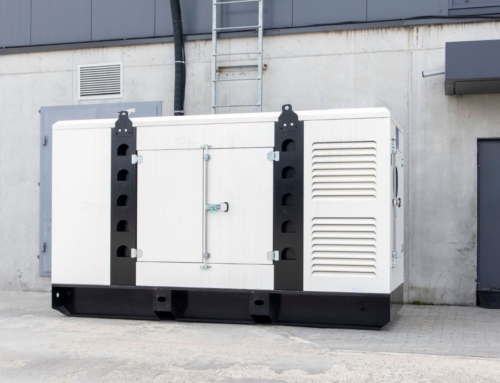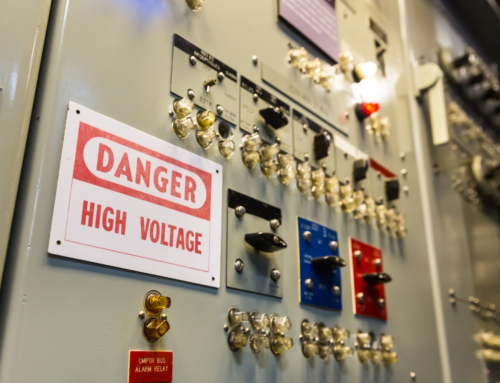Diesel generators are one of the most reliable and industrially efficient generators, with a market size valued at $20.02 billion in 2024 and expected to grow to $29.51 billion by 2031.
Yes, industrial generators can be one of the most expensive and valuable devices in your industry setting. But there come times when your generator might fail to function as efficiently as it does.
So, what do you do?
It is important that you know the problem and can find a suitable solution for it. Understanding the relationships between major problems and solutions will help you guarantee that your generators function as effectively as possible, allowing you to get the most out of your investment. Knowing how to find and resolve common issues can allow you to work more efficiently while also understanding when you want the assistance of a proficient professional.
Common Generator Problems and the Solution
Here are some of the most common generator problems and their solutions.
No Fuel
Running out of fuel is one of the most frequent reasons a generator won’t start up. Checking for diesel should be your first step if the generator won’t start. In addition, if you’re using more diesel than normal, you may have a leak, which needs to be fixed right away.
Your gauges may be broken if your system suddenly runs out of fuel, even though the level readings indicate it is sufficient. It’s possible that the fuel gauge is locked in its position, telling you there’s adequate fuel while your generator is almost empty.
Dirty Air Filters
To filter out impurities such as dirt and debris, generators require a clean air filter. This air filter can’t support the effective operation of your generator if it becomes significantly dirty. Dirty filters may even shorten the lifespan of your generator.
The filter needs to be inspected not less than once every few months. If the filter is really unclean on each side, try to look for a substitute of the same size. To save replacement expenses and prevent frequent filter changes, consider installing a reusable filter.
Wet Stacking
When we are talking about diesel generators, wet stacking is a new type of fluid leak that results in inefficiencies. It happens when condensed water, oil, and unburned fuel collect in the engine’s exhaust and leak out as a thick, dark liquid.
By burning away the extra fuel, the wet stacking problem can be resolved. Additionally, by keeping an eye on exhaust temperatures and setting up steps for load bank testing and generator paralleling, you can stop wet stacking in the future.
Battery Not Working
Regardless of the model, one of the most prevalent problems with generators is battery issues. This is usually a result of a human error. It’s possible that the electrical board was actually turned off to allow for safe maintenance on the generator. Just looking at your circuit breaker and noting which slot was flicked off can solve this problem.
Unclean connections could be the cause of the problems. Dust and debris can cover the terminals that link the battery to the generator, making it difficult for the battery to make a solid connection. You will need to bring a wire brush for this issue. Use it to clean off any rust and dirt that have accumulated over time on these terminals.
Low on Coolant
Coolant distributes heat around the engine to prevent parts from freezing or overheating, maintaining your generator at optimal operating temperatures. The coolant in your generator works to counteract the high temperatures that result from the engine.
Low levels result over time from the coolant’s water evaporating due to prolonged exposure to those high temperatures.
Regular maintenance can guarantee that your engine has all the fluids it needs, particularly checks on the fluid level. Regular maintenance on the engine can typically avoid leaks of coolant, gasoline, or oil. To prevent low coolant, oil, and fuel levels, it’s important to understand the range of components and fluid levels to check while detecting generator problems.
What’s the Bottom Line?
Generators are electrical machines. These are prone to wear and tear at some point in time as there are multiple components involved in their functioning. Despite regular maintenance, certain problems might occur, causing the generator to break down. To avoid any hurdle in your regular industrial functions, you should know how to find a problem with the generator and what its solution will be.
One way to avoid any malfunctioning of the generator is to get your generator from trusted and reliable sellers like Central States Diesel Generators. With years of trust and known quality diesel generators, we ensure that every generator we sell is of top-notch quality and will not fail at any point in time.
Common Questions About Common Generator Problems
Q1. What is the most common problem of generators?
The most prevalent issue with generators is improper maintenance. It’s often heard that choosing not to carry out routine upkeep in addition to inspecting the engine’s elements for wear and tear may result in troubles.
Q2. What is AVR in a generator?
An automatic voltage regulator (AVR) is a component used in generators that automatically regulates voltage, which means it converts variable voltage levels into stable voltage levels.
Q3. How do you fix a generator not producing power?
When winding and connecting a circuit, find any obstructed circuit using a multimeter. If there was inadequate contact that led to the failure, cleanse the surface layer as long as it is smooth. At this stage, the connection must feel secure again. It’s possible that your generator’s wiring has been burned and turned useless if it operates but produces no electricity.
Q4. How do you test if a generator is bad?
Turn on the generator and let it run continuously. During this period, keep an ear out for any odd noises, and if something feels off, turn off the generator. The engine must sound effortlessly and steady, with no clunking or flaring sounds.
Q5. Can water destroy a generator?
Operating a generator in the pouring rain, snowy conditions, or on damp ground requires utmost care. Water could harm your generator’s outlets and electrical wiring, seep into the fan, alternators, and fuel, and lead to more damage.
Q6. Why are capacitors used in generators?
A general capacitor is an essential component of a generator that modulates power flow, resulting in clean and dependable energy. To minimize voltage spikes, the alternator windings must be excited by a capacitor. It functions similarly to a battery, which accumulates electric charge when plugged into a power source.
Q7. What are the symptoms of a bad capacitor in a generator?
The motor could show a number of issues, such as not starting, heating up, and vibrating, if the run capacitor breaks down. The motor cannot receive the full voltage required for proper operation if the run capacitor is malfunctioning.
Q8. Why did my generator suddenly stop working?
If the generator is overworked, it may shut down to protect its internal parts. One way to fix this is to disconnect as many devices as possible from the generator and reset the circuit breakers. If the problem continues, there can be an internal component fault with the generator.

